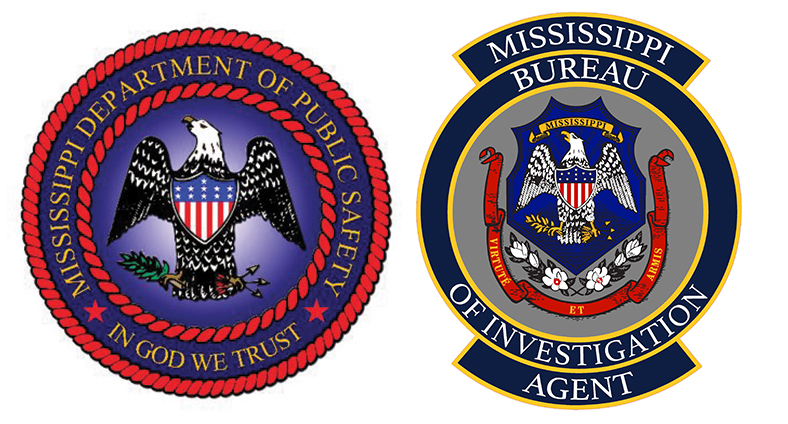1. OUTREACH AND PUBLIC AWARENESS
1. Developed a HT website for MBI, to provide a centralized platform for information related to reporting, resources, and training requests.
2. Created content for social media to promote awareness.
3. A laminated flip book draft for law enforcement officers about the crime of HT including legal definitions, MS state law, strategies for identification and investigation, and avenues for assistance was created in collaboration with the MSAGO.
4. Mississippi applied for and was selected for a Pilot Project TraffickSTOP. This program is taught within the public school system by School Resource Officers with MBI and Council support. Only five individual schools in the US were chosen.
2. STRATEGIC PLANNING AND TRAFFICKING PROTOCOL
1. Dr. Tamara Hurst, subcommittee chair, and Dr. Kimberly Hogan, subcommittee member, engaged an interdisciplinary collaboration of researchers, trafficking survivors, and students to collect and analyze data to inform Mississippi’s anti-HT policies, legislation, and protocols.
2. Data collection will include training outcomes and monitoring workplace behavioral changes resulting from increased awareness of HT supplemented by Pre and Post training surveys.
3. USM Center for Human Trafficking Research (CHRT). The Center will be housed within the USM School of Social Work and co-directed by Hogan and Hurst, along with graduate assistants. Much of CHRT’s work is designed to support MHTC for use with training, service planning, legislation, and grant preparations. This will be the first Center for Human Trafficking Research in Mississippi and one of the few in the southeast.
4. For 2022, Assessment tools for juvenile justice will be identified and recommended. Utilizing ArcGis (GIS mapping software), to analyze data collected by MBI, Hogan developed a heat map to reflect HT reports by county in MS.
3. TRAINING SUBCOMMITTEE
1. A two-hour, four-hour, and eight-hour HT course for law enforcement was developed and implemented.
2. HT Awareness is a two-hour course developed by the Mississippi State Fire Academy and is being delivered to firefighters statewide.
3. Mental health professional training was developed in collaboration with the committee.
4. Other training has been created including training for Sexual Assault Nurse Examiners, nurses, medical residents, and dental students by members of the Council prior to the Council forming and is ongoing.
5. A University faculty and college student training is currently being developed.
6. Mental Health Training was developed and conducted by the Mississippi Wraparound Institute and USM School of Social Work faculty members who are members of the Council.
4. VICTIM SERVICE SUBCOMMITTEE
1. Support OAIV and their regional navigators to meet their grant goals and objectives including establishing focus groups and identifying service providers.
2. Established guidelines for working with survivors and collaborate with training to provide comprehensive training for agencies encountering and providing services to victims.
3. The Navigators met with the agencies funded to provide HT to discuss gaps in services and services areas. ECM direct services funds have been and will continue to be utilized for gaps that have been identified through these service agencies.
5. LAW ENFORCEMENT TASK FORCES
1. Each Task Force is made up of local, state, federal and tribal law enforcement, and an Assistant U.S. Attorney, who solicits leads for and facilitates discussion of potential or ongoing investigations to de-conflict and coordinate. Task Forces investigate leads, develop prosecutable cases, and provide support for pending cases and the grand jury.

